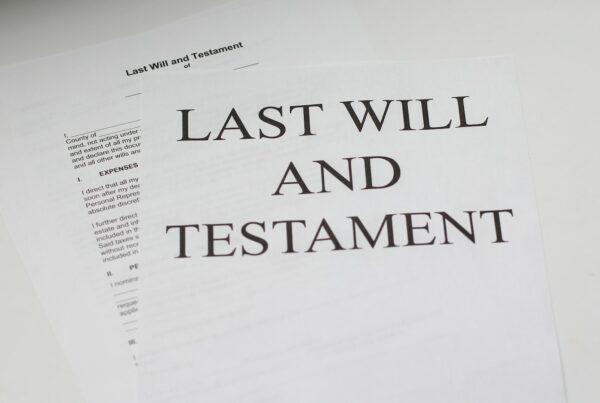Illinois law provides protection for individuals who have been the victim of physical or sexual abuse, stalking, or harassment at the hands of others. Protection that Illinois offers to victims of abuse and harassment differ based on individual circumstances. Understanding the difference between the various protective orders available is imperative.
If you have been the victim of abuse or harassment, it is important you know your rights and the remedies available to protect you from continued abuse or harassment at the hands of others. Contact the law office of Allison & Mosby-Scott (309)-662-5084, we are here to help.






